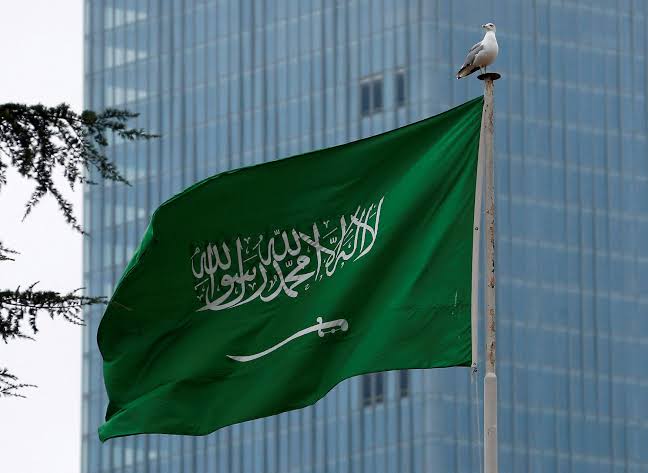
Saudi Arabia’s Vision 2030:
A Non-Muslim Perspective, by Zekeri Idakwo
It is an undeniable fact that the Kingdom of Saudi Arabia is the “home of Islam”; and also the birthplace of Prophet Muhammad (SAW). It is the location of two holiest Islamic cities of Makkah and Madinah.
As a Christian, I am also aware that the kingdom attracts millions of Muslims for Hajj and Umrah, the annual Islamic pilgrimages.
In Nigeria, we refer to the male Hajj pilgrim as Alhaji while we call the female Alhaja or Hajia.
Beyond the religious activities, I never paid much attention to the country’s activities on other sectors apart from occasional reports on its scholarships and international events it hosted that often attract non-Muslims.
In these modern times when all countries are embracing new business models as regards investment, empowerment, tourism and deployment of latest tools of technology, the Kingdom of Saudi Arabia is not left behind.
Also of interest to the global audience too is the impact of its tolerance and diplomatic approaches to international relations with the rest of the world.
In recent times, the Kingdom has permitted non Muslims to enter non-restricted parts of the country for the purpose of business, sports and tourism. Women can now drive while the cinemas which were shut decades ago are now open. International sporting events are now showcased and when granting visas to people from all over the world, non-Muslims are not denied.
In an exclusive interview with The Atlantic’s Jeffrey Goldberg, Saudi Crown Prince and Prime Minister Mohammed bin Salman laid out his vision for the future of the Middle East, including the possibility of cooperation with Israel. This move many consider quite commendable.
Of interest is the “Saudi Vision 2030,” a government programme launched by the Kingdom aims at achieving the goal of increased diversification economically, socially and culturally, in line with the vision of the Crown Prince.
The Vision 2030 project is built around three main themes which set out specific objectives that are to be achieved by 2030. Below are the specific objectives:
1. A vibrant society – urbanism, culture and entertainment, sports, Umrah, UNESCO heritage sites, life expectancy
2. A thriving economy – employment, women in the workforce, international competitiveness, Public Investment Fund, foreign direct investment, non-oil exports
3. An ambitious nation – non-oil revenues, government effectiveness, e-government, household savings and income, non-profits, and volunteerism.
Prior to this time, the general perception of Saudi Arabia across board are in the areas of:
1. Poverty
2. Gender inequality
3. Violence
4. Racial discrimination (among Saudi nationals of African decent)
6. Human rights abuse
7. Extremism (Western perception)
8. Suppression of freedom of speech
9. Religious intolerance, among others.
Saudi Arabia’s recent interest in the world of sports, tourism and entertainment is therefore meant to reposition her international reputation and take away the above poor perception.
Key components of this project also involve Saudi’s strides in gender equality and improvement in relations with other countries.
Just recently, the Crown Prince expressed the desire to assist in the ongoing peace mission in Russia and he hosted a Summit in Jeddah along this line. It was also gathered that he played a crucial role in the release of Western mercenaries captured by Russian forces while fighting in Ukraine.
Many have described his proposed “Vision 2030 project” as a giant step towards improving the global perception of the country. One of such persons is Africa’s richest man and Nigerian business mogul, Aliko Dangote, who has praised the the Crown Prince and called his project “new rhythm” for investments and businesses.
The Saudi Vision 2030 project is progressive in nature. It combines religious freedom with economic emancipation. The vision of the Crown Prince is commendable because it brings people from all races and religious persuasions together to pursue the common goals of peace and happiness, love and oneness.
